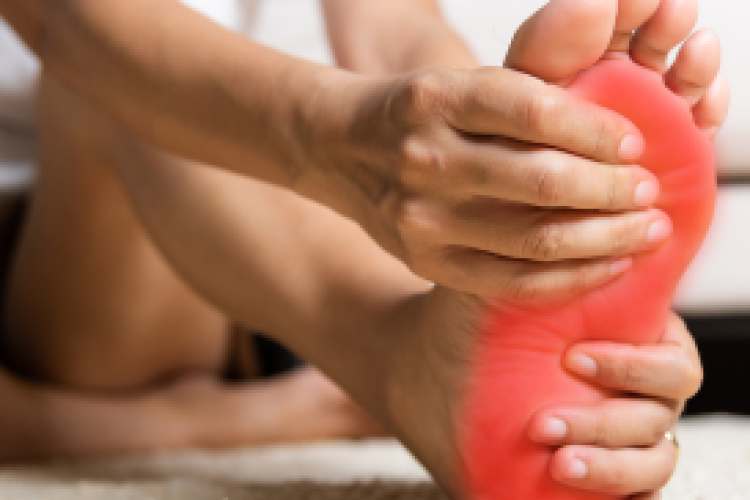Injuries to hands, wrists, and elbows have become increasingly common as people use smartphones, tablets, and other digital devices for many hours a day. You can avoid developing or worsening these injuries by taking some simple steps, says Jason Fond, MD, Director of Orthopedic Surgery at Montefiore Nyack Hospital.
“We started seeing patients coming in with hand and wrist overuse injuries when the BlackBerry became popular years ago,” says Dr. Fond, who is board certified in Orthopedic Surgery and Sports Medicine. “Now, people use cell phones and tablets for all aspects of their work and social life. We are seeing many cases of carpal tunnel syndrome and tendinitis, caused by overuse of tendons and muscles in the hand, arm and wrist.” What often starts as a minor irritation can end up as a major health issue if a person continues to use their devices without a break, Dr. Fond notes.
Carpal tunnel syndrome is a painful, progressive condition that can cause tingling or numbness in your hand and wrist. It can also cause a sharp, piercing pain that shoots through your wrist and up your arm. The condition is caused by pressure on a nerve called the median nerve that runs from the forearm into the palm. The nerve runs through a small space in the wrist called the carpal tunnel.
Tendons are cord-like structures that connect bone to muscle. Tendinitis, or inflammation of the tendons, often results from overuse of the tendon. They are found throughout the body, including hands, shoulders, elbows, wrists, feet, hips, knees, and ankles. The types of tendinitis most often caused by digital device overuse are commonly called tennis elbow (an injury to the outer elbow tendon) or golfer’s elbow (injury to the inner elbow tendon). In both of these conditions, pain occurs near the elbow, and may radiate into the upper arm or down to the forearm.
Neck and back strain can also result from hunching over a phone or tablet for long periods.
Tips to avoid injury due to digital device overuse include:
- Limit screen time
- Take regular breaks
- Gently stretch your wrists and neck
- Change your body position often. Stand up and walk around every half hour
- Keep your shoulders relaxed and your elbows close to your body, with your hands, wrists, forearms and thighs parallel
- Adjust your chair height so your feet are flat on the floor and your knees equal to, or slightly lower than, your hips
If your hands, wrists, or arms hurt from device overuse, explore tools that can help you cut down on typing, such as voice texting or emailing, Dr. Fond advises. "A brace can be used on the wrist, elbow, or hand to provide support, and over-the-counter anti-inflammatory medication can be taken to reduce inflammation and pain," he says.
It’s time to consult a doctor about digital device overuse if a simple over-the-counter pain reliever such as ibuprofen or acetaminophen doesn’t take care of the problem, according to Dr. Fond. "If the pain is affecting job performance, a patient should seek a medical evaluation. The quicker an issue is addressed, the sooner the symptoms can be reversed or made better. It can also reduce the risk of the problem extending to other areas such as the shoulder."
When a patient comes to him complaining of pain related to digital device overuse, Dr. Fond generally advises to attempt to modify usage of the device for a period of one to two weeks.
Some people with digital overuse injuries can benefit from physical therapy to increase flexibility and strength in the tendons in the hand, wrist and arm. Corticosteroid injections can provide temporary relief in some cases of carpal tunnel syndrome and tendinitis. Surgery is a last resort if all other treatments fail, Dr. Fond says. Surgery for carpal tunnel syndrome releases pressure on the median, while surgery for tendinitis involves repairing the damaged tendon.
“When a person undergoes surgery, they require a period of rehabilitation that includes rest and avoiding use of digital devices,” Dr. Fond explains. “I tell patients if they modify their behavior before their problem becomes too severe, they can avoid surgery and rehab.”



 Upcoming Events
Upcoming Events



